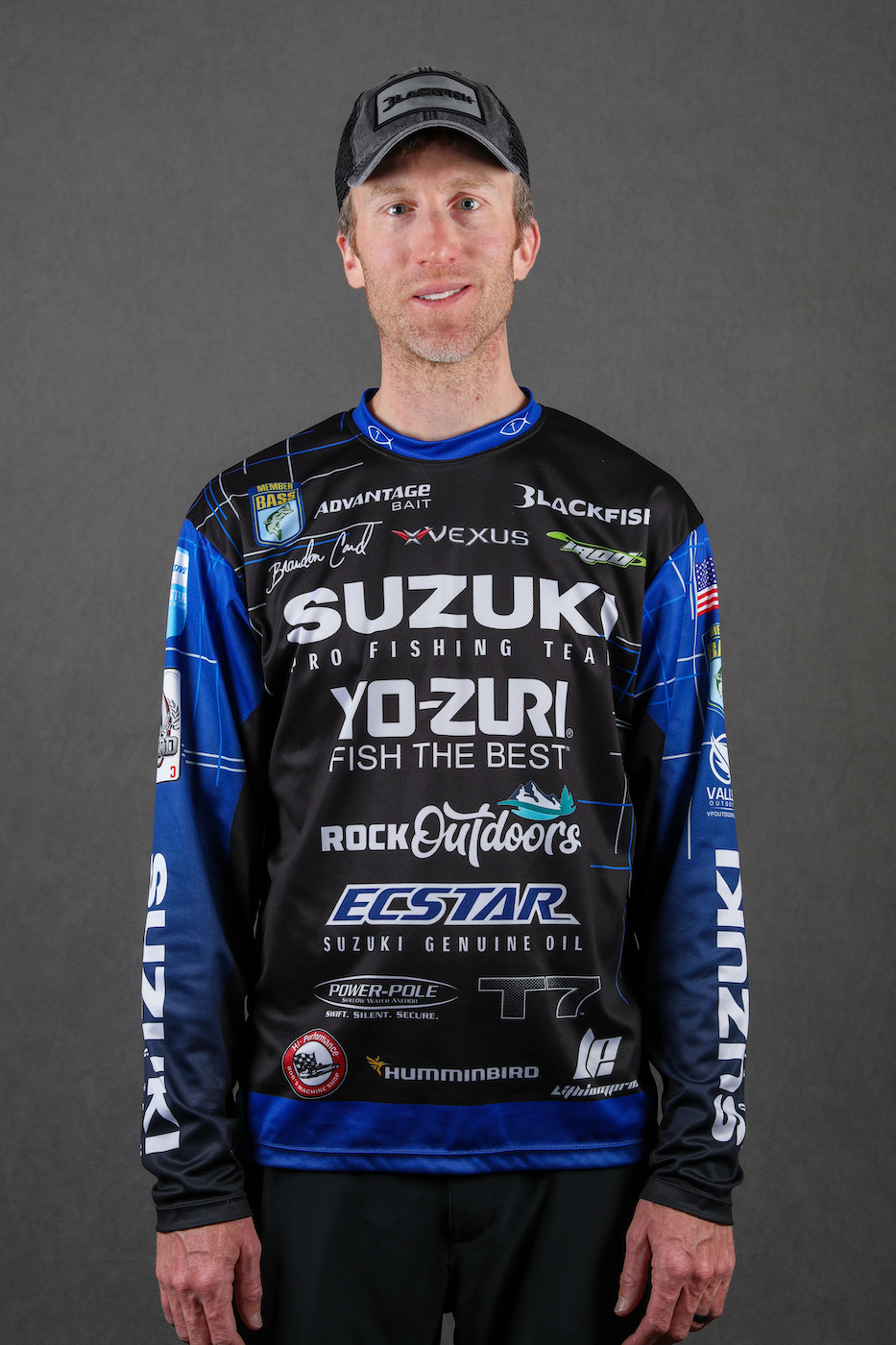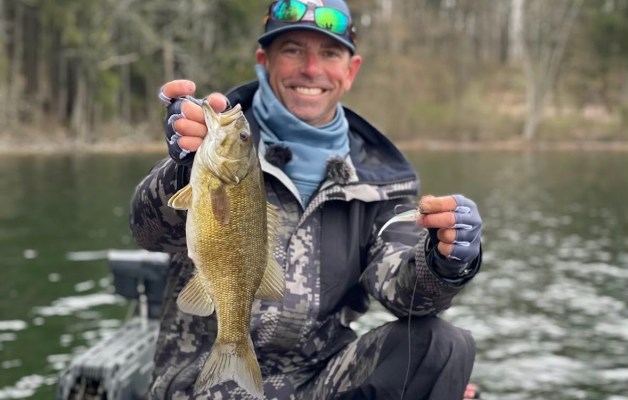
Q: HOW DO I LEARN A NEW TECHNIQUE?
Expert: Brandon Card, Knoxville, Tenn. — The 2012 Bassmaster Rookie of the Year is off to another strong start and leads the race for the 2013 Toyota Trucks Bassmaster Angler of the Year award.
If you've ever been bass fishing, you've had to learn a new technique, even if it was just learning how to cast and retrieve. As you progress in the sport and get better, learning new techniques gets easier, but how you go about it will go a long way to determining how good you'll be with it and how fast you'll pick it up.
Do Your Homework
One of the most important things you need to do when learning something new is research. Without good research, you really won't know enough to get started in the right way. Luckily, researching new methods is pretty easy these days with books, magazines, videos, television and especially the Internet.
Bassmaster.com has lots of how-to videos that can show you what you need to get started. YouTube.com is also great for this kind of stuff. Check out the videos or any available articles and find out what gear you'll need, when and where the new technique is most applicable and how it's going to fit into your game.
If you only fish Lake Okeechobee, learning how to vertically jig a spoon might not have much value to you. Likewise, if you're targeting big smallmouths on Dale Hollow, punching matted vegetation isn't going to be important to your success. Learn all about the technique and what you need to do it before you ever take it out on the water.
And if you've got a friend who's already good at the technique, ask if he'll take you fishing and show you how he does it. But be careful. Just because someone says he's good doesn't mean it's true. And don't let your buddy's limitations or ideas about the method constrict your own. You might be able to take it further and make it better.
Avoid Distractions
Whenever I want to learn a new technique or just improve my abilities with a technique that I don't feel particularly comfortable with, I like to narrow my options and focus only on that method. If I'm going to learn drop shotting, before I launch my boat I take everything out that doesn't relate to drop shotting. I don't carry any crankbaits or spinnerbaits or anything else that's not specific to the method I want to learn.
That does a couple of things for me. First, it allows me to focus on the new technique and the equipment I need to do it. The process of trimming away all the other stuff forces me to think about the technique from a gear perspective, and that can often be very helpful.
Second, it eliminates distractions. If I'm out there with just a flippin' rod and baits suitable for that technique, I know I can't start cranking points or casting topwaters to schooling fish. If I want to catch a bass, I'm going to have to find a way to do it using the method I'm trying to learn. This can be really restrictive and sometimes frustrating — especially when you know you could whack 'em with another method — but it's important for me to have that kind of discipline when I'm starting out.
Success Is Where You Find It
If you're trying something new — especially if you're trying it under less than ideal conditions, on the wrong type of water or at the wrong time of year — you're probably not going to load the boat with bass the first time out. Fishing, and learning generally, just doesn't tend to work that way. That's why you need to find success and positive reinforcement wherever you can.
When I started to learn flippin' and pitching, I didn't catch very many bass at first. It was frustrating because I'd read and heard so much about how guys were just slaying them while flippin' and pitching, but it wasn't happening for me. Since I didn't have positive catch results — which are fantastic if you can get them — I needed to find something else to keep me energized and feeling good about the process during the long days on the water when I was learning.
For that, I focused on other things. I wasn't getting bit, but I could see that my flips and pitches were getting more accurate. Then I saw that they were entering the water more softly. I started doing a better job of letting the baits fall under control. I tried skipping baits underneath boat docks and overhanging cover and got better at that, too. Eventually, the bites came.
My point is that I might have become discouraged and given up — or not gotten as good as I could be — if it weren't for finding those little glimmers of hope and success along the way.
Learning new techniques isn't easy, but it's worth it.





